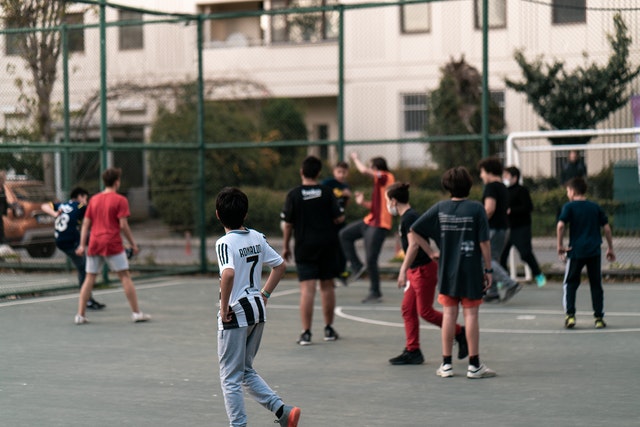
This summer, two new programs provided Hale Kipa’s young emergency shelter residents with constructive, supportive, and entertaining activities.
The first, called Puʻu Lei O LiLiʻu and funded by the Liliʻuokalani Trust, afforded the youth a chance to connect and learn to live by Hawaiian values. Organizers held a series of three four-hour-long sessions every week for three weeks at the Liliʻuokalani Trust headquarters in Nanakuli. About 17 teens between the ages of 12 and 17 participated in the supplemental day program each week.
Each day began with an opening prayer and ice breakers, followed by group activities and lunch. Focusing on identity, values, and heritage, facilitators started by discussing each participant’s name and its origins.
“They started off asking the youth to identify themselves by name, and where they are from, but encouraged them to go deeper,” said Annie Tuiolemotu, Hale Kipa Emergency Shelter Service assistant program coordinator, “Things got very emotional. They discussed their families and trauma in their households and were able to go full circle with the trauma.”
Beyond that, the participants discussed how to be kind to themselves, how to carry themselves with dignity, and how to interact with and treat others both in the community and those they live with at the shelter.
To tie in Hawaiian history, the teens learned about Queen Liliʻuokalani, her reign, and the characteristics that distinguished her as a person, such as her tenacity.
The essential Hawaiian values that the group talked about included Aloha (compassion and kindness for themselves and others), Kuleana (the responsibility of taking care of themselves, others, and the environment), Kapono (to do the right, even when no one is looking ), Eleu (taking initiative by serving without being asked), Haʻaheo (being proud and confident), and Oni paʻa (to be steadfast and keep trying even when it’s hard).
“It was most definitely effective and impactful,” said Stacy Peiler, Hale Kipa Emergency Shelter program coordinator. “It gave them a sense of belonging and connection including ‘Who I am,’ ‘Where did I come from?’ and ‘I do matter.’”
The second supplemental day program included entertaining sports instruction and game days. Brandon Kim, community liaison of Project Pilina, coached the youth for five days a week, focusing on a different sport each week (flag football, soccer, and volleyball). On the fifth day, they tried their newfound skills with a celebratory “game day.”
“The kids loved it!” said Peiler.



